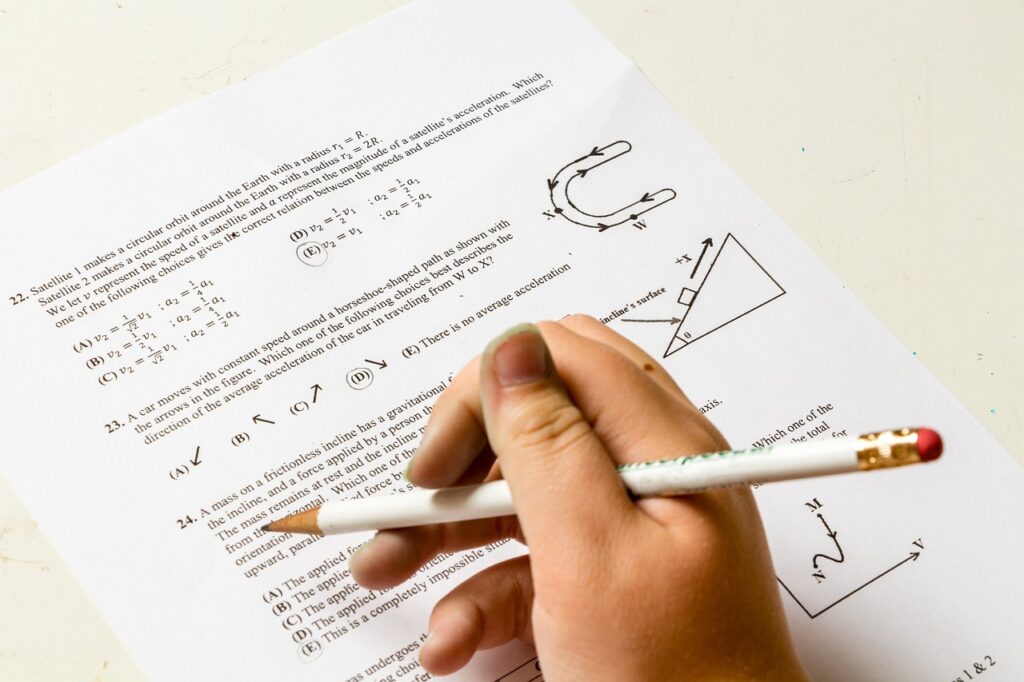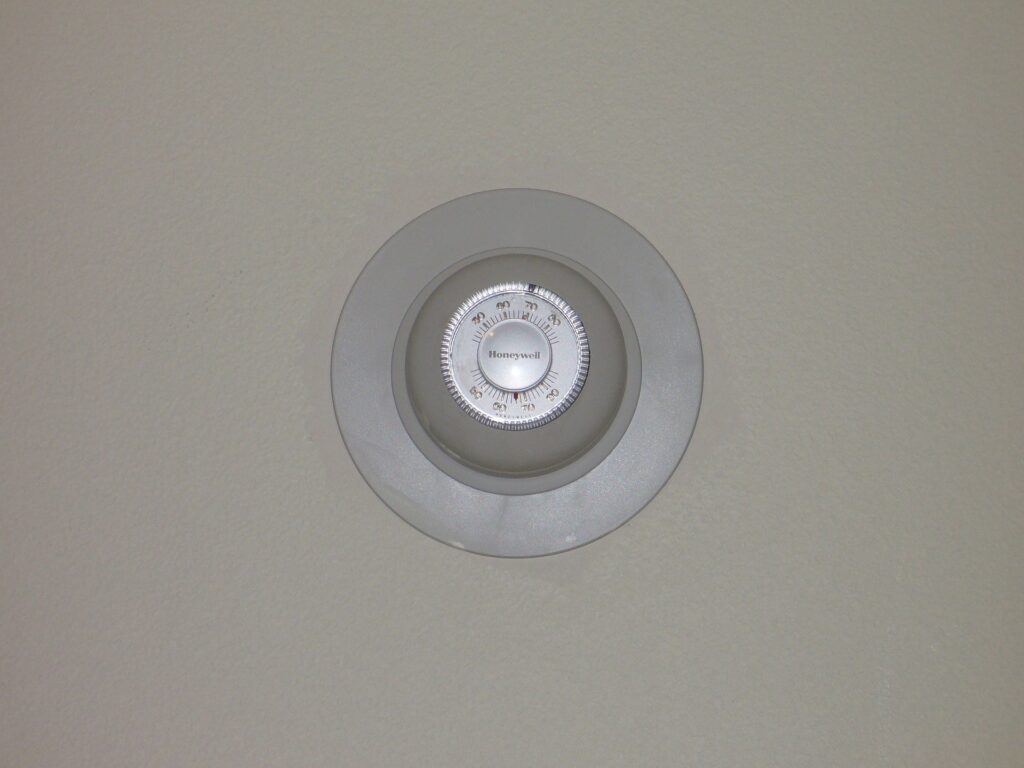
School is one of the only places left on planet earth that still emphasizes isolated, individual assessment. If a student talks to someone else, looks at their notes, or uses their computer or phone to look up something, it’s cheating. In any other life situation these actions would be considered obvious strategies.
I am not a mechanic or handyman, yet I fix many things around my house and on my car because I am frugal. There are basically two strategies that I always take: calling my dad and finding a tutorial video on Youtube. I never think to myself: “I am a problem solver so I can fix this all by myself.” No, I recognize that I don’t have a clue of what I am doing so I seek help from expert resources.
Thinking of problems as things for individuals to solve is hopelessly out of date.
Seth Godin
The world’s most pressing issues– adequate food, clean water, sanitation, climate change, poverty, waste disposal, ethnic strife, human rights, diseases–none of these things can be solved by an isolated individual but by groups of experts working together. So why is the education system obsessed with individual assessment through testing?
Even in education collaboration is an expectation among adults. Every school has a school improvement team, a collaboration of administrators and teachers to develop measurable goals. Teachers are no longer expected to “shut their doors and teach” in isolation, but to grow in Professional Learning Communities (PLCs) where they are often required to develop common individual assessments for students. Oh the irony!
We recognize that teachers working together to improve curriculum, share teaching strategies, and conference about students is productive. We have plenty of research that when students collaborate and have academic discussions about our content it is some of the most effective learning. So we forms groups, initiate class discussions, and even implement PBL. So why do we still assess students in isolation?
Collaboration is one of the most effective learning strategies, but when it comes time for assessment it is taboo.
I am training my math students to collaborate in random groups on the classroom whiteboards, and it is working. They are having rich discussions, helping each other solve open ended problems, and explaining the math to each other. Students ask every day if they get to work at the boards and groan if I say no. Yet I still must give individual assessments. This makes no sense in the modern world. In fact, I am not sure that it ever made sense! Collaborative assessment is not a new idea. It is past time to reject the education textbook company-testing complex and move to authentic, collaborative assessments.
Pulse of PBL

Learn with me!
If you are interested in how your school can use a PBL framework to teach SEL skills. I would love to have a conversation on how I can help. I have limited availability for PBL & SEL workshops during the school year so contact me early. Check out my workshop page or drop me an email at mikejkaechele@gmail.com. I would love to chat and co-plan meaningful PD for the educators at your school.


